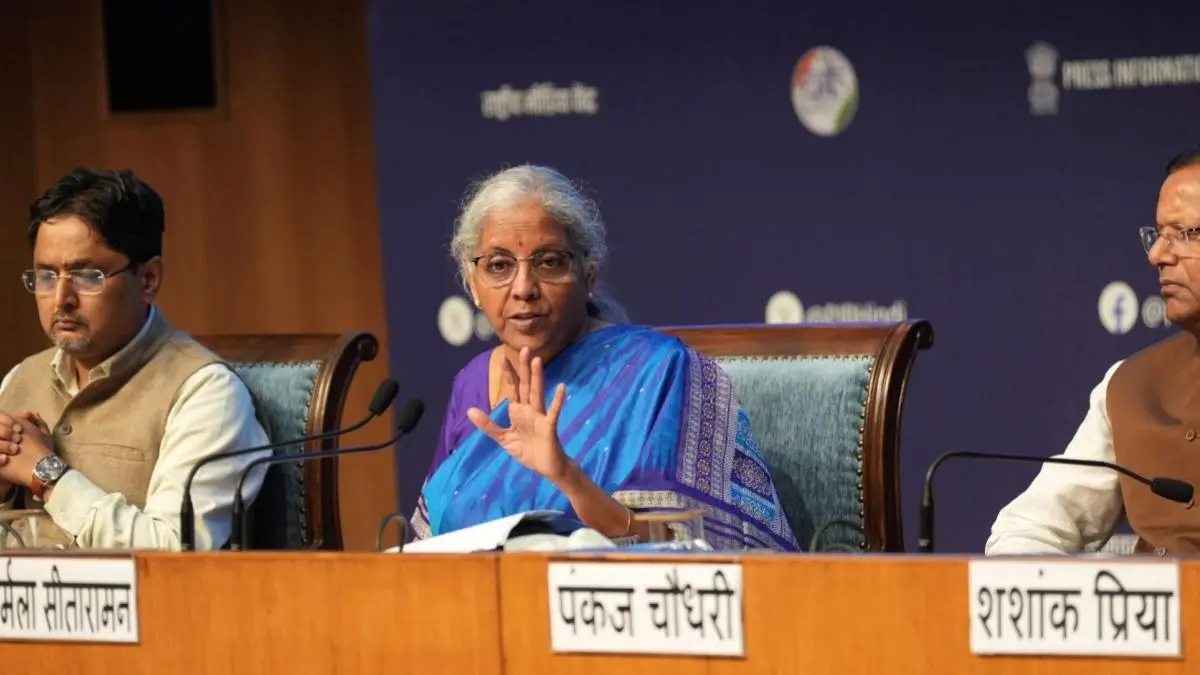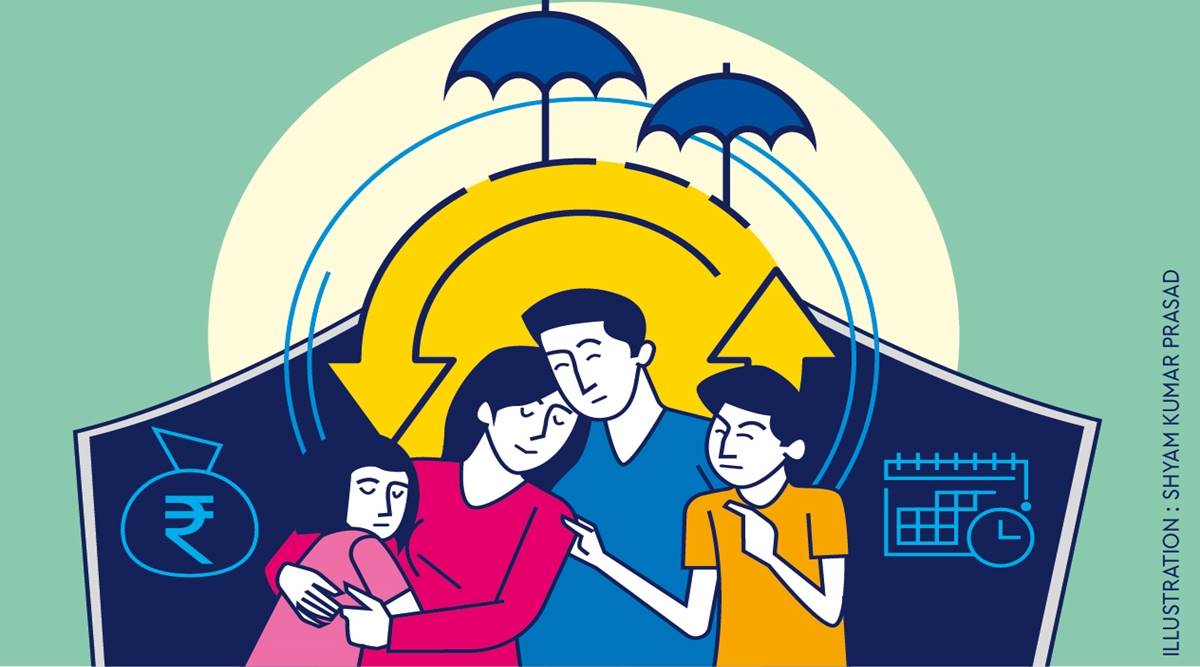
In a landmark decision, the GST Council on Wednesday approved a complete exemption of Goods and Services Tax (GST) on individual life and health insurance policies, effective September 22. The move, seen as a “Diwali gift” to citizens, is aimed at making insurance more affordable for individuals and families. Until now, health insurance was levied an 18% GST.
“Insurance services from 18% currently will go into two, three categories. Exemption of GST on all individual life insurance policies, whether term life, ULIP, or endowment policies, and reinsurance thereof, to make insurance affordable for the common man…,” Union Finance Minister Nirmala Sitharaman said in her press briefing after the 56th GST Council meeting, held in New Delhi.
ALSO READNirmala Sitharaman unveils ‘GST 2.0’: Tax cut to 5% and 18%- From insurance to FMCG, auto, check what’s cheaper now
Major shift in India’s indirect tax policy
The decision to exempt life and health insurance from GST marks a major shift in India’s indirect tax policy. Insurance premiums have often seen as a burden on individuals and families trying to secure financial protection. By reducing the rate to zero, the government aims to make insurance more affordable and encourage more people to buy life and health cover.
Hanut Mehta, CEO and Co-Founder at BimaPay Finsure, said, “The GST Council’s move to exempt individual health and life insurance from GST is a major shift. For policyholders, it simply means the premiums they pay will now be lighter by 18%.”
“The reduction in price also makes room for people to consider higher sum insured. With lower overall premiums, customers may opt for greater coverage, which strengthens protection levels and gradually reduces the existing protection gap in the market. This shift could benefit both individuals and the broader insurance ecosystem,” Mehta added.
The move is also part of the broader GST rationalisation plan, under which the Council has tried to simplify the tax structure by scrapping multiple slabs and moving to a two-tier system.
With this change, the government hopes to strike a balance between boosting consumer welfare and ensuring tax efficiency. It comes at a time when awareness about financial security and healthcare needs has grown sharply after the Covid-19 pandemic.
Filing ITR for AY 2025-26? 5 free online tools to calculate tax liability
Implementation of new exemptions
However, experts caution that the real benefit will depend on whether insurance companies pass on the tax relief to policyholders in the form of lower premiums.
Past experience with GST exemptions in sectors like healthcare and education has shown that without proper monitoring, companies may absorb the benefit, leaving customers with little or no relief.
The Insurance Regulatory and Development Authority of India (IRDAI) will likely be closely watched to ensure that the intended gains reach consumers.






